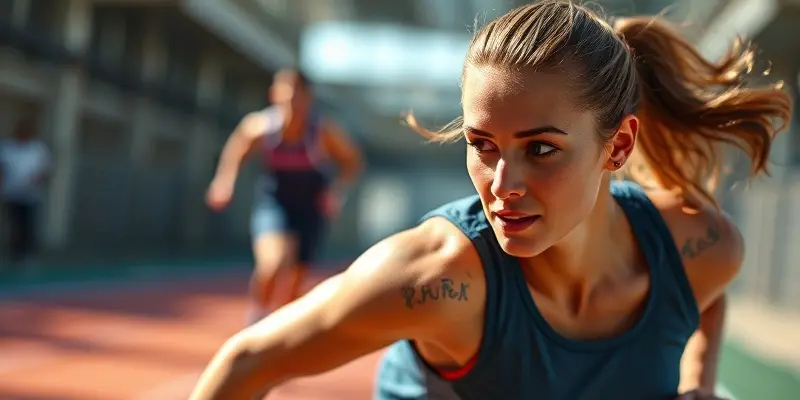Choosing the Right Running Shoes for Injury Prevention and Recovery
Running is a popular way to stay fit, but it can sometimes lead to injuries. The right running shoes can make a world of difference in preventing injuries and aiding recovery. Let’s explore how footwear can keep you running smoothly and safely.
Understanding Running-Related Injuries
Did you know that common injuries like plantar fasciitis and shin splints can often be prevented by choosing the right shoes? Your biomechanics—how your body moves while you run—plays a crucial role in this. Overpronation, for instance, means your foot rolls inward excessively, increasing the risk of injuries.
Top Running Shoes for Injury Prevention
Not all shoes are created equal. Here are some top picks for injury prevention and recovery:
Brooks Adrenaline
For those who overpronate, Brooks Adrenaline offers guiderail technology for lateral support. With a 12mm heel drop, it’s great for preventing calf and Achilles strain. It also comes in wider sizes, making it ideal for various foot shapes.
Asics Gel Kayano
This shoe provides stability without overcorrecting, thanks to its neutral design. It’s perfect for shock absorption, making it effective for knee and tendon injury recovery.
Hoka Bondi
Known for its maximum cushioning, the Hoka Bondi minimizes joint impact. Its “rocker bottom” geometry is perfect for those recovering from plantar fasciitis or joint pain.
Nike React Infinity Run
Clinical studies show it reduces injury rates by up to 52% compared to traditional shoes. With enhanced foam and a smooth rocker shape, it provides a stable base for recovery.
Post-Injury Recovery Tips
Shoes aren’t the only thing that matters! Recovery involves a holistic approach:
-
Nutrition: Supporting your body with adequate protein, vitamin C and collagen is vital for muscle repair.
-
Recovery Tools: Foam rollers and massage guns can aid in easing out tension and improving blood circulation.
-
Psychological Support: Keep your motivation high by setting small, achievable goals, and consider professional guidance.
Conclusion
Choosing the right running shoes isn’t just about comfort—it’s about keeping you injury-free. Prioritize your footwear based on your biomechanical needs and consider consulting with a physiotherapist or a shoe specialist for personalized recommendations. Remember, the right pair of shoes supports not just your feet but your entire journey towards a healthier, injury-free lifestyle!
By prioritizing supportive, comfortable shoes and adopting smart recovery practices, you can enjoy running safely and effectively. Embrace the journey with confidence and stride!

